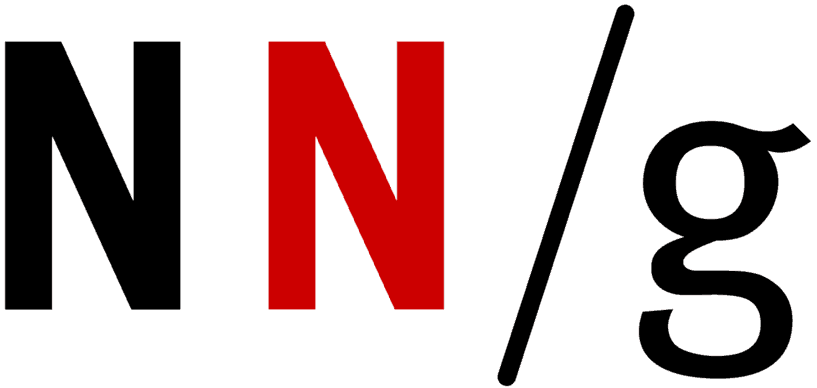Building the design operations for designers and researchers on the Product Experience Design team.
As Mastercard’s design maturity grew, so did my team’s operational needs working with each other and our partners.
Company
Mastercard
Industry
Fintech
Services
Design operations
Team surveys
Team interviews
Tools
Figma
Figjam
Qualtrics
Microsoft Teams
My role
Lead strategist
Timeline
Aug 2022 - Aug 2023
I was asked to initiate the ground-breaking design operations plan for our team of 18 designers and researchers.
As the lead strategist, I had three main goals:
grow team synergy and capabilities
improve relationships and processes working with external teams
enhance the quality and impact of design outputs
Definitions
What is DesignOps?
Design operations is the orchestration and optimization of people, process, and craft in order to amplify design’s value and impact at scale.
DesignOps aims to establish processes and measures that support scalable solutions for common design-team challenges.

Planning
Initial research
DesignOps planning was inspired by Nielsen Norman Group’s “3 Steps for Getting Started with DesignOps”
Tried and true framework from industry experts
Menu categories helped organize topics under DesignOps umbrella
STrategy
Our roadmap
My proposed strategy was categorized into three primary phases over the course of our first year with regular check-ins with the team to report on how things were going.
Discovery surveys
Gather data for bench-marking
Discovery surveys using Qualtrics were sent out to all of the designers and researchers on the team. The surveys were helpful to:
evaluate how our team felt about a broad variety of topics, such as:
our onboarding process
career development
guiding principles
our design process
working with partner teams
design systems
research practices
workload and bandwidth
design metrics and value
skills training and education
etc.
establish bench-marking data from likert-scale questions to compare year-to-year
know which areas to probe further during the next phase of the roadmap: the 1-on-1 interviews
Interviews
Deep-diving operations
1-on-1 interviews were set up with each member of the PXD team. These were extensive and averaged 90 minutes.
Participants were kept anonymous to encourage honesty and due to the sensitivity of topics discussed
Sessions were recorded, transcribed, and deleted after analysis
Each question topic was analyzed separately and responses were organized based on response type (positive, neutral, or negative)
Key take-aways were summarized for each topics
Results were communicated to leadership, the team, and DesignOps partners across the org to collaborate on strategic opportunities
Initiative planning
Areas of focus were identified
The interview results led to a clearer understanding of opportunity areas for our immediate DesignOps initiatives. These areas were then collectively assigned to various team members to own depending on their skill-set, bandwidth, or interest. Some areas we identified were:
goals for new hires could be confusing depending on the product team
there is opportunity to better educate teams on the role of UX
PXD isn’t often included in the feature planning and prioritization process
metrics and measuring quality are areas to work on
designers are more satisfied with their tools than researchers
content design was the skill set we thought was missing from our team
communication skills are most desired to learn
COnclusion
Next steps
DesignOps efforts are an ongoing journey. Some next steps from here included:
chipping away at each initiative and meeting regularly to check-in with progress
selecting operational areas to bench-mark for the next round of team surveys for the year
continue collaboration with other design teams throughout the org to stay aligned with a broader DesignOps strategy




